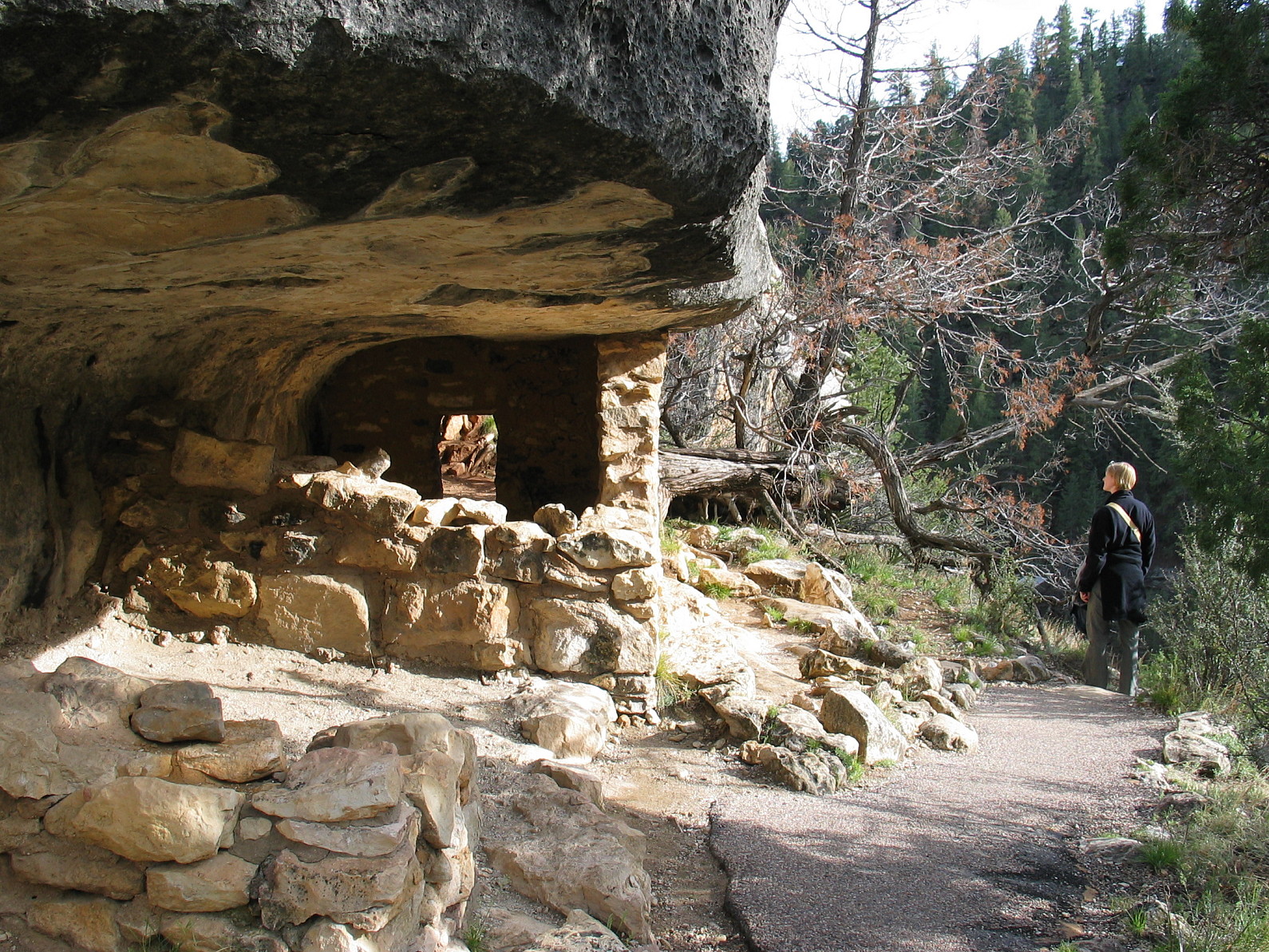Echoes of History at Fort Smith National Historic Site
Planning a visit? Check out the Fort Smith National Historic Site page for visitor info, directions, and what to do when you get there.

Introduction
Hidden away near the border between Arkansas and Oklahoma stands a testament to America’s dynamic, adventurous past - the Fort Smith National Historic Site. As you traverse its sprawling landscape adorned with grandiose structures and monuments steeped in history, an engaging narrative of old-world charm weaves itself around you.
Historical/Cultural/Geological Background
Fort Smith, originally established in 1817 as a military base to keep peace between the Osage Tribe and resettled Cherokee Nation, has a rich tapestry that blends both natural and human histories. The second fort was used as a supply base during Mexican-American War and Civil War. Its legacy far transcends these roles though, breathing life into figures such as “hanging judge” Isaac C. Parker and the resilient United States Marshals that roamed these grounds.
Geologically speaking, Fort Smith rests on an elevated flood plain adjoining the verdant Ozark Plateau – a geographical marvel creating an irresistible interplay between civilization’s constructs and nature’s wonders.
Activities Guide
There’s never a dull moment here with varied activities to choose from! History buffs can explore exhibitions within Commissary building or visit Judge Parker’s Courtroom - both resonating with echoes from 19th-century America. Meanwhile, nature enthusiasts will love walking along Arkansas River Trail or visiting Belle Point - perfect vantage point overlooking junction of Poteau and Arkansas rivers.
To fully appreciate the area’s significance, consider joining one of many Ranger-led programs offered. From walking tours to junior ranger activities, you’re bound to learn something new about this historic site.
Visitor Information
The Fort Smith National Historic Site is open year-round except on Thanksgiving, Christmas, and New Year’s Day with free admission. As parts of the park are outdoor, visitors are encouraged to dress according to the season.
Tips for Different Visitors
The site offers a rich experience for all types of travelers. For families, scavenger hunts and junior ranger programs can make history come alive for children. Photographers will rejoice in the stunning panoramic views from Belle Point while history enthusiasts will enjoy exploring old jail cells and examining artifacts in onsite museum.
Regional Context
Situated near the Arkansas-Oklahoma border, Fort Smith has played a crucial role as a gateway between east and west throughout American history. It remains a symbol of cultural intersection today – located just a short drive from Ozark National Forest to its north and Ouachita National Forest towards south-west offering numerous recreational opportunities post your visit.
Conclusion
Fort Smith National Historic Site offers an enchanting blend of past and present wrapped up beautifully within America’s vibrant heartland. Whether you’re chasing echoes of yesteryears or simply soaking in scenic beauty, few places offer such an immersive adventure as does this historic gem.
Q1: Are there food and drink facilities available at Fort Smith?
Q2: Can I bring my pet along?
Q3: Are there any nearby accommodation options?
Q4: How much time should I allot for my visit?
Q5: What precautions should be taken while visiting the site during summer?
Frequently Asked Questions
What are the operating hours and admission fees for Fort Smith National Historic Site?
Fort Smith National Historic Site is typically open year-round, though specific hours may vary by season. Most national parks charge an entrance fee, but some sites are free to visit. Check the official NPS website for current hours and fee information.
How long should I plan for a visit to Fort Smith National Historic Site?
A typical visit to Fort Smith National Historic Site can range from a few hours to a full day, depending on your interests and the activities you choose. Allow extra time for hiking, photography, and exploring visitor centers.
What should I bring when visiting Fort Smith National Historic Site?
Essential items include comfortable walking shoes, water, snacks, sunscreen, and weather-appropriate clothing. Bring a camera to capture the scenic views and consider binoculars for wildlife viewing.
What is the best time to visit Fort Smith National Historic Site?
The best time to visit depends on your preferences and the activities you plan to enjoy. Spring and fall often offer pleasant weather and fewer crowds, while summer provides the longest daylight hours.
Is Fort Smith National Historic Site accessible for visitors with mobility needs?
Many areas of Fort Smith National Historic Site are accessible to visitors with mobility needs, including paved trails and accessible facilities. Contact the park directly for specific accessibility information and current conditions.

